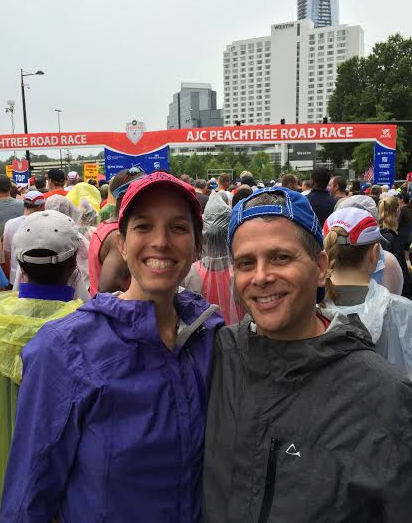The most compelling article (Avorn J, Kesselheim AS. NEJM 2015; 372: 2473-5) in a recent edition of the NEJM delved into the 21st Century Cures Act which was recently introduced in the U.S. House of Representatives; it was approved 51 to 0 in committee but continues to be debated.
One of the underlying premises of the bill is accelerate approval for new products. Key features:
- Increase in National Institutes of Health (NIH) of about 3% per year for 3 years. And, additional $2 billion per year for 5 years to create an “NIH Innovation Fund”
- Instructs FDA to consider nontraditional study designs for clinical trials. This is aimed at shorter, smaller and less expensive studies. This could allow FDA to rely on “observational studies” and “clinical experience.”
- The bill encourages the FDA to rely more on surrogate end points
- The bill would allow informed consent to be bypassed if the “proposed testing poses no more than minimal risk.”
Critiques for each point, point by point:
1. The funding increases largely counterbalance stagnating funds at the NIH secondary to sequestration and budget cuts.
2. The premise that the FDA is inefficient is not accurate.
- “A third of new drugs are currently approved on the basis of a single pivotal trial” with a median of 760 patients.
- Most drugs are approved based on studies with a duration of 6 months or less, even medications taken for a lifetime.
- Evaluation of nearly all new drug applications is completed within 6 to 10 months.
3. Surrogate markers often overestimate the potential benefit of medications. The FDA “already uses surrogate end points in about half of new drug approvals.” Specific examples:
- Bevacizumab has been shown to delay tumor progression in breast cancer “but was shown not to benefit patients.
- Rosiglitazone “lowered glycated hemoglobin levels in patients with diabetes even as it increased their risk of myocardial infarction.”
- One new tuberculosis drug improved bacterial counts in the sputum but “the treatment group had a death rate four times that in the comparison group.”
4. Informed consent has been “sacrosanct, with exceptions made only when consent is impossible or contrary to a patient’s best interests.” With this new proposal, “it is not clear who gets to determine whether a given trial of a new drug poses “minimal risk.”
Bottomline (from authors): The 21st Century Cures Act’s call for increased NIH funding may prove to be its most useful component. But political forces…could lead to the approval of drugs and devices that are less safe or effective than existing criteria would permit.”
Audio interview with Jerry Avorn: nej.md/1TPy6Ta
Some pictures from yesterday’s Peachtree Road Race:



